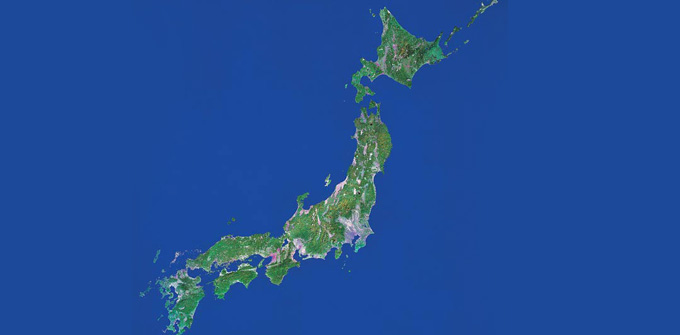Three thousand people came to Tokyo’s Hibiya Park on October 26 to protest it. On November 8, another 6000 gathered in the Kokugikan sumo stadium in Ryogoku to voice their objections. Over the weekend in Yamaguchi city, 800 met to consider how to “protect our food, lives and livelihoods from the TPP”.
The TPP is, of course, the Trans-Pacific Economic Partnership, a free trade agreement signed in 2006 by Brunei, Chile, New Zealand and Singapore. Australia, Malaysia, Peru, the United States, Vietnam and, as of November 11, Japan are negotiating to join.
Japan’s major business lobby, the Japan Business Federation (Nippon Keidanren), thinks the TPP is a great idea. Eliminating all trade tariffs between member countries, which the TPP aims to do, would make Japan’s exports cheaper abroad, benefiting Japanese manufacturers currently hampered by a strong yen. The JBF calls the TPP a “remarkable opportunity” and is urging the government to join the TPP as quickly as possible.
Japan’s major agricultural lobby, the Central Union of Agricultural Cooperatives (JA-Zenchu) disagrees. The CUAC, who helped organize recent protests and sponsored a petition against the TPP that has already gathered over eleven million signatures, thinks the TPP would destroy Japanese agriculture.
Since Japan is unlikely to win any tariff-elimination exemptions for its sensitive agricultural sector, joining the partnership would force Japanese farmers to complete against imported food from TPP member countries. High labour costs, small farms and inefficient methods put Japanese farm products at a serious competitive disadvantage.
On these grounds, the CUAC argues, just a bit dramatically, that “our environment and our lives will be hollowed out and entrusted to foreign countries” if Japan joins the TPP.
Doomsday rhetoric aside, joining the TPP would impact agricultural production in Japan.
The Ministry of Agriculture, Farms and Fisheries estimates that if Japan eliminates tariffs on imported food, agriculture production would decline by about 4 trillion yen a year.
Unemployment in agriculture, fisheries and other related industries in already-struggling rural areas would rise.
However, even with current tariffs in place, Japanese agriculture doesn’t enjoy a bright future. The average Japanese farmer is over sixty, most farms are small, and the amount of abandoned farmland in the country is increasing.
Agriculture here is an inefficient—though culturally important—industry that limps along on two main supports: high tariffs on food imports and income subsidies for farmers.
High tariffs keep imported food expensive and an income subsidy program keeps inefficient small-scale farmers solvent.
Abolishing the former means raising the latter: a decline in domestic production caused by eliminating tariffs on agricultural imports means the cost of income subsidies to farmers would rise.
Subsidies already cost the cash-strapped Japanese government about $12 billion USD a year.
TPP or not, Japan’s agricultural sector does need reform, and joining the TPP would bring quick if painful change. The question is, would free trade lead to a revitalized agricultural sector or would it, as TPP opponents claim, decimate Japanese agriculture beyond recovery?
Japan hasn’t committed to joining the TPP—it has just declared an intention to negotiate.
But with the current state of Japanese agriculture and growing conflict between the country’s business and agricultural lobbies on the TPP question, Prime Minster Noda has a hard row to hoe.









